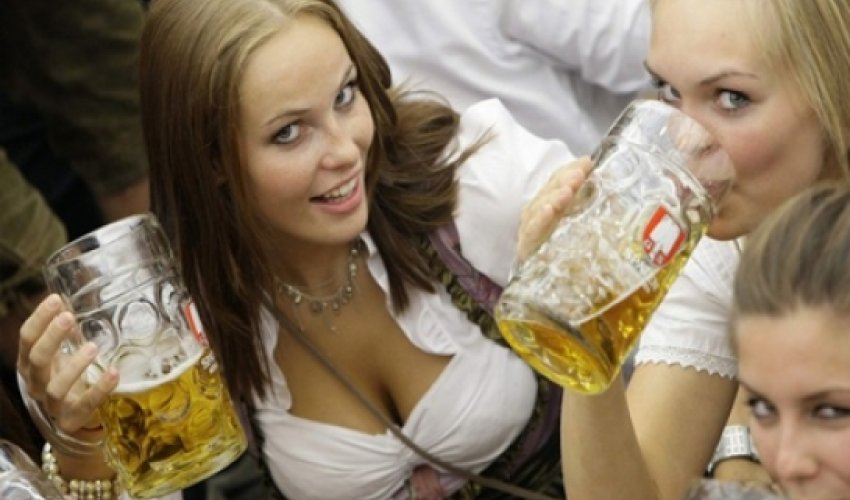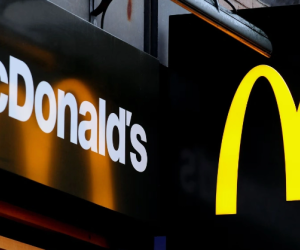German beer bids for world heritage status

German beer brewers want their five-century-old purity law recognised as world heritage by the United Nations' cultural agency.They have applied to Unesco for their Reinheitsgebot law to join a list of "intangible heritage" that includes Spanish flamenco and Turkey's Kirkpinar oil-wrestling festival.The law allows only water, barley malt, hops and yeast for brewing.Germany has about 1,300 breweries and 5,000 brands of beer."If Germany is still regarded as the undisputed beer nation, that is due to the Reinheitsgebot," said Hans-Georg Eils, president of the German Brewers' Federation.Also included on Unesco's List of Intangible Cultural Heritage in Need of Urgent Safeguarding are the Argentine tango, carpet weaving from southwest Iran, the French gastronomic meal and Bigwala music and dance by the Basoga people of Uganda.The Reinheitsgebot was introduced in Bavaria in 1516 and adopted nationwide in 1906. Mr Eils said it was the oldest food and beverage regulation in the world.The law was introduced to protect beer drinkers from cheap and sometimes hazardous ingredients.Although Germany is Europe's biggest beer producer, beer consumption per head in the country has been declining for years.However, Germany is still home to the world's biggest beer festival, the Oktoberfest, a 16-day event in Munich that began in 1810 and this year attracted 6.4 million visitors, according to official figures.(BBC)ANN.Az




































 Photo
Photo 



 Video
Video 

